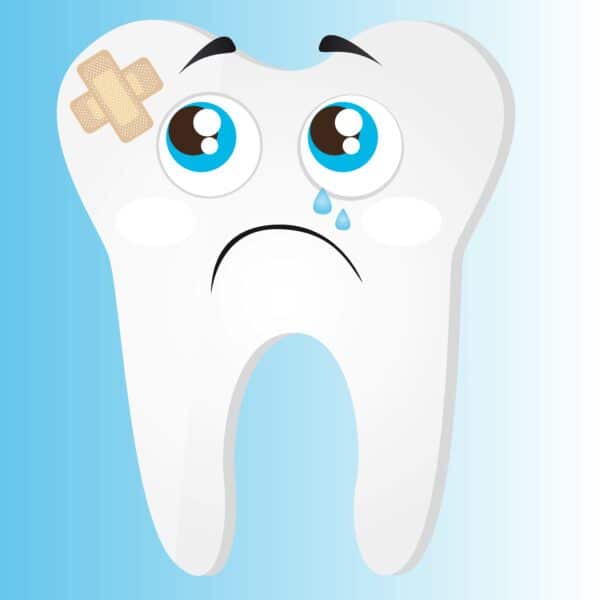
Worldwide picture
While no statistically relevant difference could be found between genders, the researchers said the condition seemed to increase with age throughout all surveyed countries, hence, people at age 38 and beyond are most at risk for developing severe periodontitis.
Overall, the study found that more than 700 million new cases of severe periodontitis worldwide add to the already large burden every year, which makes the condition rank among the six most prevalent diseases worldwide. Director of Research at Barts Health NHS Trust Professor Wagner Marcenes, who headed the study, says: “The number of severe periodontitis cases has increased dramatically between 1990 and 2010. Since we did not include other types of periodontitis, such as its mild and moderate forms, we are facing an even more serious problem in the population’s oral health”.
He further said that the data is currently being evaluated further to find out what might cause this high prevalence, including socio-economic indicators and other risk factors.
What does it mean for us?
There is an element of ‘carrot and stick’ concerning the treatment of periodontitis in our patient population. It does place periodontitis as a priority for treatment amongst our patients. On one hand, a large proportion of litigation in the UK involves at least some element of undiagnosed or untreated periodontal problems. On the other hand, there is an opportunity for creating a commercial stream involving treatment for this huge untapped source of income.
Rather than ignore the problem, or keeping treatment as limited as possible, we could be developing the use of hygienists and therapists in our own ‘perio departments’. The model exists, and a number of canny practitioners are already using it to the benefit of grateful patients.




